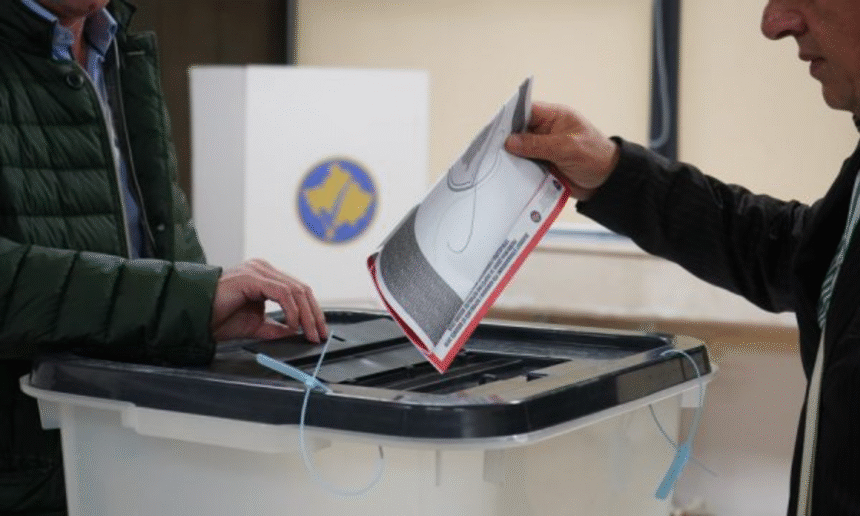The number of women candidates for mayor, proposed by political parties for the local elections on October 12, is small. Civil society organizations criticize parties for not providing space for women, even though, according to them, women have proven successful in governance. Sociologists, meanwhile, say the low number of female mayoral candidates is linked to patriarchy and leaders’ lack of confidence in women.
Mimoza Kusari-Lila was the first and only female mayor to lead the municipality of Gjakova for a term. In this municipality, for the October 12 local elections, there are no women candidates for mayor.
In the neighboring municipality of Peja, the Democratic Party of Kosovo (PDK) has proposed Arta Nallbani for mayor, for Kamenica Jona Arifi, and for North Mitrovica, Flutura Hamza.
Among the 19 mayoral candidates, the Alliance for the Future of Kosovo (AAK) has proposed two women: Xhemile Murati in Ferizaj and Vildane Latifi in Fushë Kosovë.
The Democratic League of Kosovo (LDK), among its 28 mayoral candidates, has only one woman: Ariana Hasani, proposed for Zubin Potok municipality. The party has not explained why there are no other female candidates.
Radio Kosova did not receive responses from the Vetëvendosje Movement regarding whether they proposed any women candidates for mayor. Sources from the party say they have not proposed any women to lead a municipality in Kosovo.
The Social Democratic Party, which is non-parliamentary, has nominated two women for mayoral positions: Natyra Kuqin for Deçan and Besa Shahini for the capital city.
The low number of female candidates for mayor continues the usual negative trend of excluding women from local-level politics, says Eugen Cakolli from the Democratic Institute of Kosovo, an organization that monitors electoral processes.
“Political parties have not even offered the minimum space for women to compete in elections. In the first place, in the absence of legal sanctions, or worse, in municipalities where the parties have minimal chances of winning, it is evident that political parties still do not take gender representation seriously,” he said.
Sociologist Bukurije Rrustemi links the low number of candidates to patriarchy and the lack of trust of political leaders in women.
“Our society is not sufficiently emancipated and does not see women as capable of leading. Society does not vote for a female candidate because it believes leadership is better provided by a man. Women also lack sufficient support from their families as well as from political leaders. Another challenge for them is the financial capacity to run a campaign,” she said.
Meanwhile, Naim Jakaj from the Kosovo Justice Institute says the country needs greater inclusion of women in politics and leadership.
“We know from various reports that women have been valued and have performed well in governance when given the chance, and this should also be reflected at the local level with more representation. Unfortunately, this is not happening,” he said.
Even for municipal assemblies, the number of female candidates is low, and it is rare to exceed the legally mandated quota of 30%.







